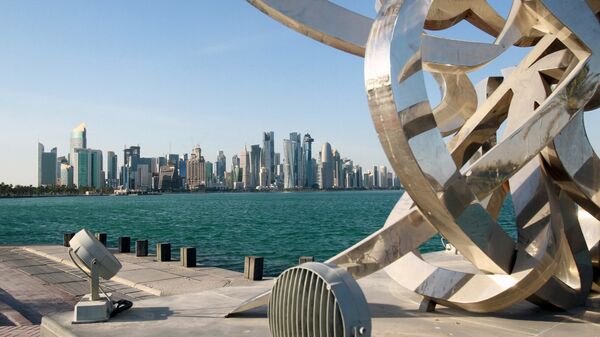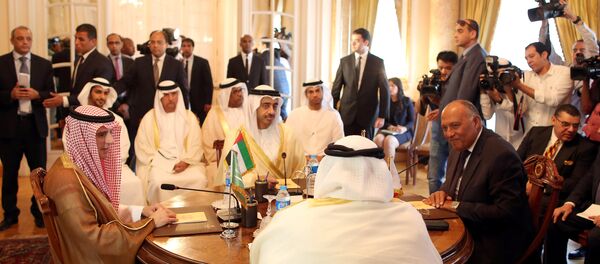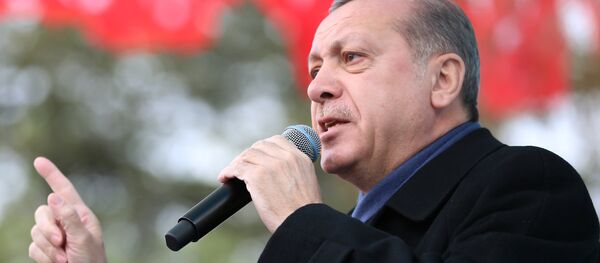Kristian Rouz – Qatar is ordering measures to boost the private sector of its economy as expansion is being hampered by the ongoing sanctions from the Saudi-led bloc of the country’s Arab neighbors.
The move comes after earlier this year the Saudis accused Qatar of sponsoring terrorism and having strong ties with Iran, a Shi’ite nation, which many Sunni Arab countries see as an existential threat.
The Qatari economy has slowed after the blockade imposed by the Saudi-led bloc, which also includes Egypt and Bahrain, but it is yet unclear whether the slowdown is caused by the sanctions on Qatari foreign trade, or its economy is slowing due to structural or cyclical downward factors.
Meanwhile, Qatar’s non-oil sector of the economy expanded by 3.9 percent in Q2, according to data from the Ministry of Development Planning, whereas its mining sector contracted by 2.7 percent.
“Over the medium-term, we expect the Qatari economy will prove resilient. Domestic industries will benefit from increased self-reliance, while the government’s plans to expand liquefied natural gas (LNG) production and a renewed drive to attract international tourists will drive future growth,” analysts at Qatar National Bank (QNB Group) said.
Against the backdrop of such developments, the government decided to slash rents paid by private sector companies in Qatar’s logistics areas by 50 percent for the next year and also 2019.
The move, spearheaded by Prime Minister Sheikh Abdullah bin Nasser bin Khalifa Al-Thani, is expected to drive expansion in the non-oil industry, which could boost the nation’s overall economic performance, and help it reduce its dependence on oil.
The Qatari banking sector was hit hard by the Saudi sanctions, with the nation facing significant capital outflows and declines in bank capitalization. Yet, the nation’s financial sector is gradually adjusting to the new business conditions as well, whilst most traders are still hoping for a swift resolution to the diplomatic standoff.
“The impact on banks’ balance sheets was mitigated by liquidity injections by the Qatar Central Bank and increased public sector deposits,” QNB experts say.
After the Qatar Central Bank (QCB) intervention, commercial banks boosted the scope of domestic lending, which rose by an annualized 9.3 percent in May, and by 14.5 percent in August, after faltering at 11.4 percent and 11.0 percent in June and July.
QNB Economics says Qatar might benefit from the blockade as select domestic industries could benefit from the exodus of foreign companies, including in such sectors as food production, transportation and logistics, and manufacturing.
The government also plans to boost LNG production by 30 percent in 2022-2024 and attract investments to build new natural gas pipelines.
However, there is one significant challenge to growth in Qatar’s non-oil sector, which is high-interest rates – one of the immediate consequences of the Saudi-led blockade. Qatar’s national currency peg to the US dollar disallows any substantial monetary accommodation from the central bank, meaning Qatari enterprises and the government will have to coordinate some form of non-bank financing.







